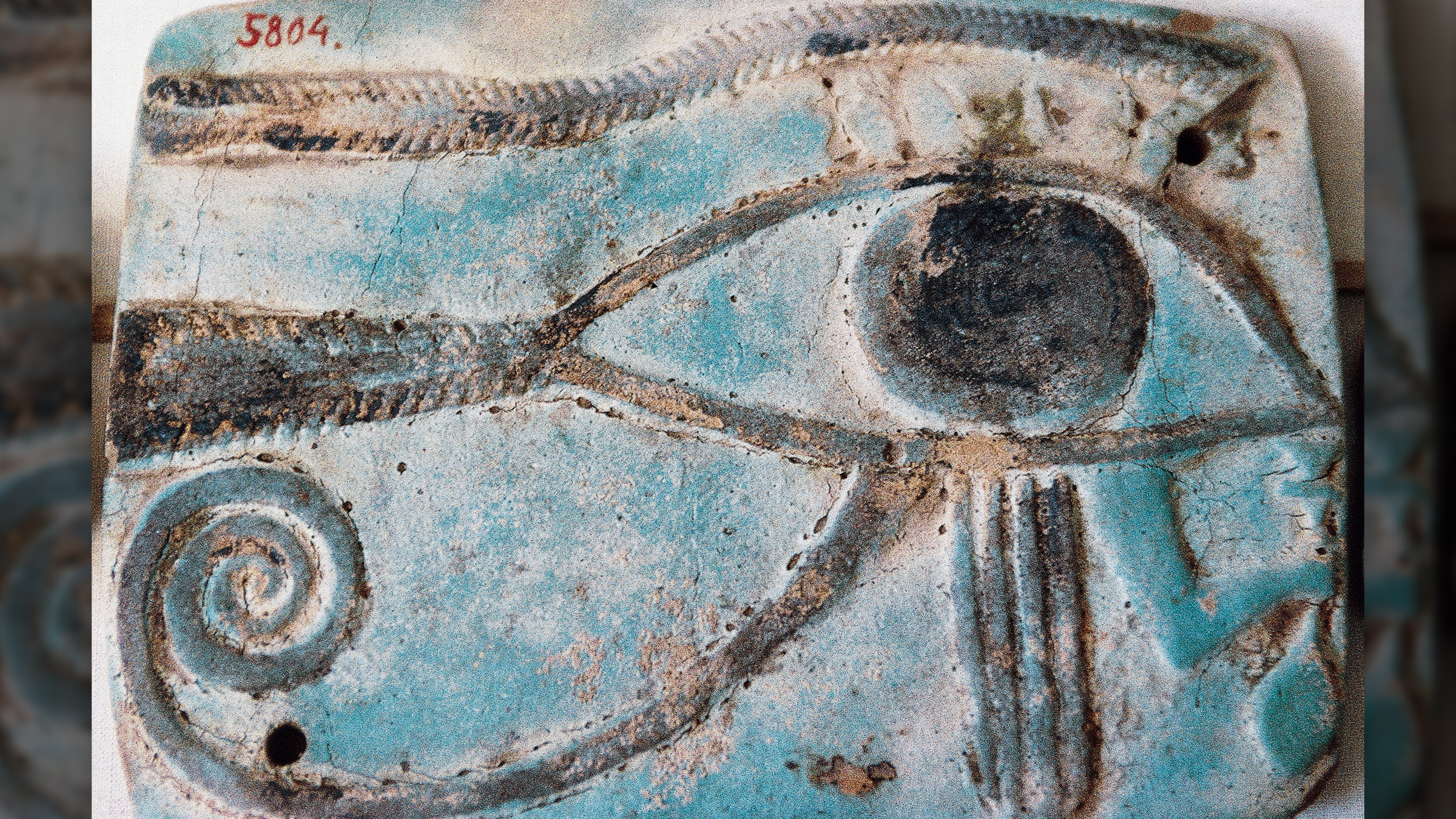Shingles Vaccine Reduces Risk of Disease For Those Over 60
The vaccine against the virus that causes shingles can reduce the risk of catching the disease by 55 percent in those over the age of 60, according to a new study.
Because the average person's lifetime risk of developing shingles which is caused by the virus herpes zoster is 30 percent, the vaccine could prevent tens of thousands of cases in the United States each year, the researchers said. However, although the vaccine was introduced in 2006, only about 10 percent of adults ages 60 or over received it in 2009, they said.
The results build upon earlier work from a 2005 study published in the New England Journal of Medicine, which found the vaccine reduced the risk of shingles by about the same degree.
However, the new study shows that this decline in risk even applies to individuals over 75. The previous work had suggested that those over 75 did not reap as great a benefit.
In addition, the new study was based on actual cases of shingles in people vaccinated in a hospital, whereas the earlier work was carried out in a clinical trial a more controlled setting. The new study showed that earlier results are indeed "borne out in a real-world setting," said Dr. Richard Whitley, a professor at the University of Alabama at Birmingham who studies herpes viruses and who was not involved in the study.
And while the results of the 2005 study and the new study are very similar, the new study "further reiterates the safety of the vaccine," Whitley said.
The findings agree with recommendations from the Centers for Disease Control and Prevention that people over age 60 who are not immunocompromised and do not have a history of adverse reactions to this type of vaccine should be vaccinated against herpes zoster.
Sign up for the Live Science daily newsletter now
Get the world’s most fascinating discoveries delivered straight to your inbox.
However, the new study looked only at the effectiveness of the vaccine in patients over a period of about three years, and it's likely that the vaccine won't work as well as more time passes, the researchers said.
Shingles is a painful skin rash caused by the same virus that produces chicken pox, according to the CDC. Shingles occurs when the chickenpox virus "reawakes" from a dormant state in the body, and begins replicating inside cells.
About 1 million people in the United States develop shingles every year. Older people are at higher risk for shingles, because, as we age, our immunity against the virus wanes.
Researchers at Kaiser Permanente in Southern California looked at information from 75,761 vaccinated and 227,283 unvaccinated patients at their hospitals between January 2007 and December 2009.
During the study period, there were 5,434 cases of shingles. For every 1,000 people in the study, 13 unvaccinated people developed shingles each year, but 6.4 vaccinated people developed the condition, the researchers found.
The reduction in risk held even after the researchers took into account patients' age, gender, race and whether the patients had a chronic disease."Shingles is a painful condition, and sometimes the pain can last months or even years, [and can] seriously impact the quality of life," of patients, said study researcher Hung Fu Tseng, a research scientist working in Kaiser's department of research and evaluation in Pasadena, Calif. People age 60 and over should talk to their doctors about receiving the vaccine, Tseng said.
It's possible that the results may even have underestimated the vaccine's effectiveness, the researchers said, because people who have had a family history of herpes zoster are at risk for the condition and may have been more likely to be vaccinated.
The study will be published tomorrow (Jan. 12) in the Journal of the American Medical Association.
Pass it on: The shingles vaccine can reduce the risk of developing the disease by 55 percent. Researchers say people age 60 and over should talk to their doctors about receiving the vaccine.
- 5 Dangerous Vaccination Myths
- Chickenpox: Causes, Symptoms & Treatments
- What to Do (And Not to Do) to Ease Kids' Vaccination Pains
Follow MyHealthNewsDaily staff writer Rachael Rettner on Twitter @Rachael_MHND.

Rachael is a Live Science contributor, and was a former channel editor and senior writer for Live Science between 2010 and 2022. She has a master's degree in journalism from New York University's Science, Health and Environmental Reporting Program. She also holds a B.S. in molecular biology and an M.S. in biology from the University of California, San Diego. Her work has appeared in Scienceline, The Washington Post and Scientific American.
Parasitic worm raises risk of cervical cancer, study finds
Cancer: Facts about the diseases that cause out-of-control cell growth










